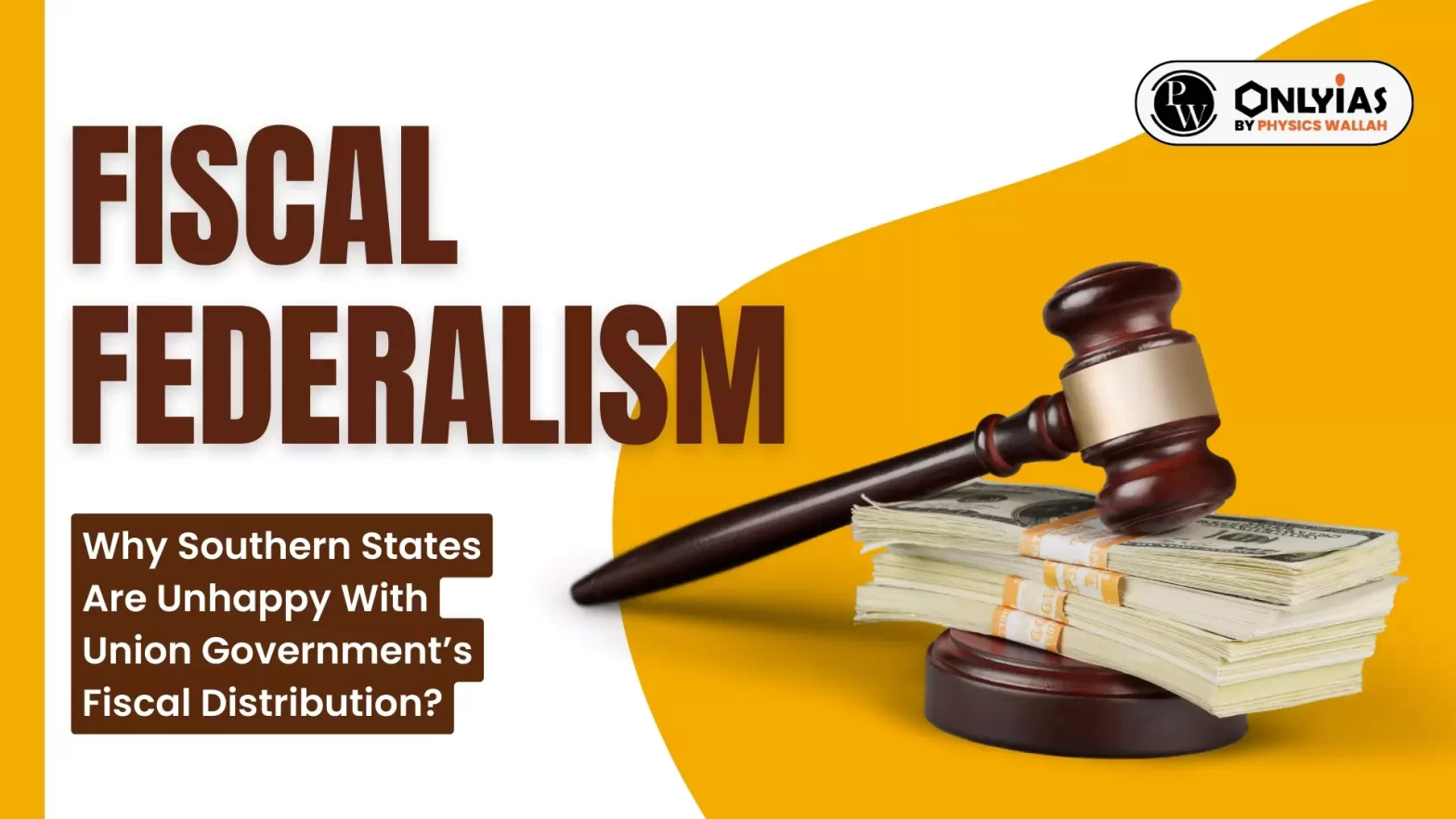![]() 8 Feb 2024
8 Feb 2024

This editorial is based on the news “North-South divide: Decoding unfair tax devolution to southern states” which was published in the Business Standard. Recently, the Karnataka Government highlighted concerns over fiscal distribution among states in the recent budgetary allocations, sparking debate over the equitable distribution of national resources.
| Relevancy for Prelims: Parliament Budget Session 2024 Live Updates, Union Budget 2024-25, Interim Budget 2024-2025, Federalism, and Finance Commission.
Relevancy for Mains: Fiscal distribution among states- Concerns and Way Forward. |
|---|
News Source: Business Standard
| Must Read | |
| NCERT Notes For UPSC | UPSC Daily Current Affairs |
| UPSC Blogs | UPSC Daily Editorials |
| Daily Current Affairs Quiz | Daily Main Answer Writing |
| UPSC Mains Previous Year Papers | UPSC Test Series 2024 |

<div class="new-fform">
</div>